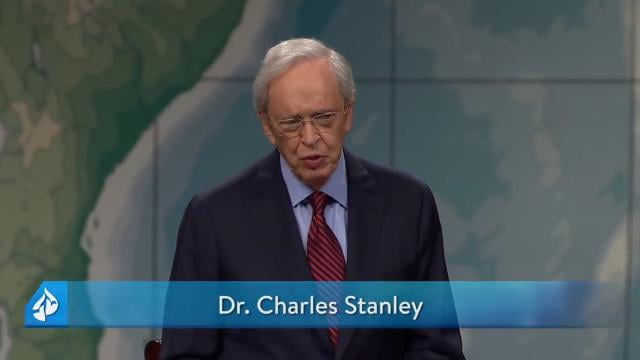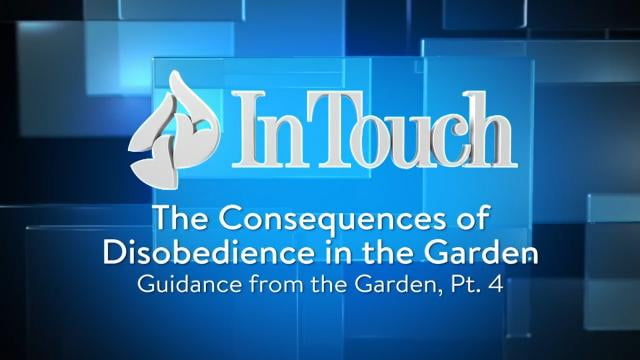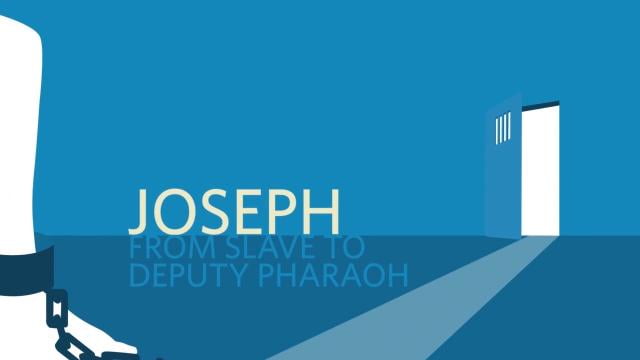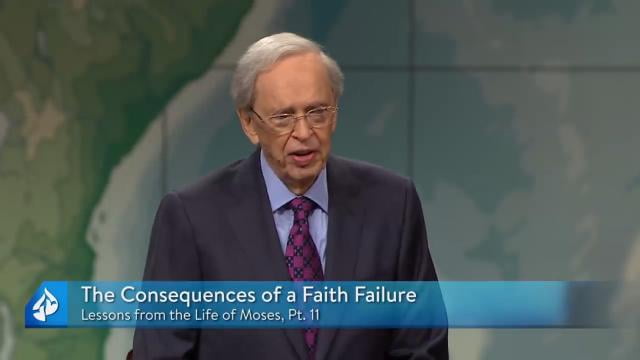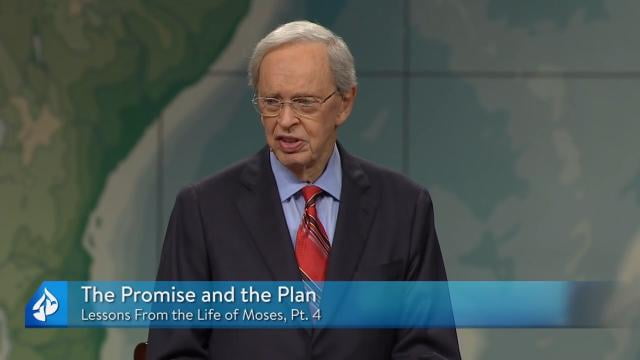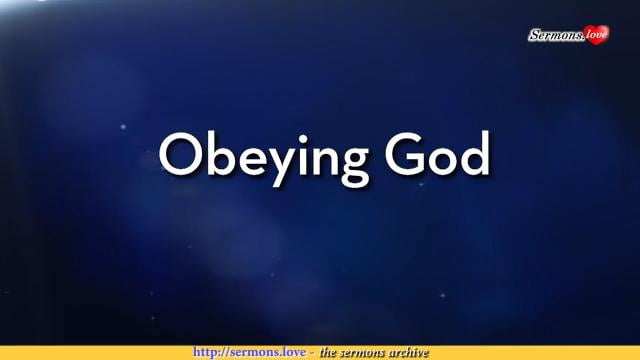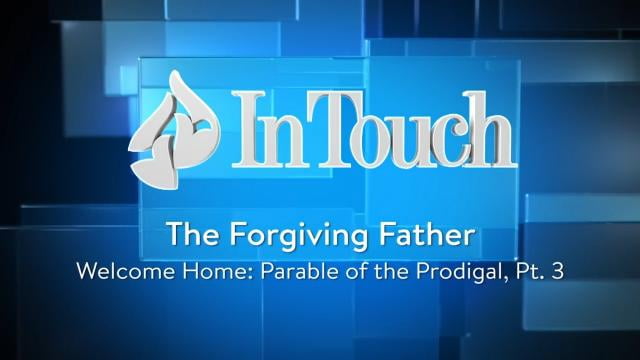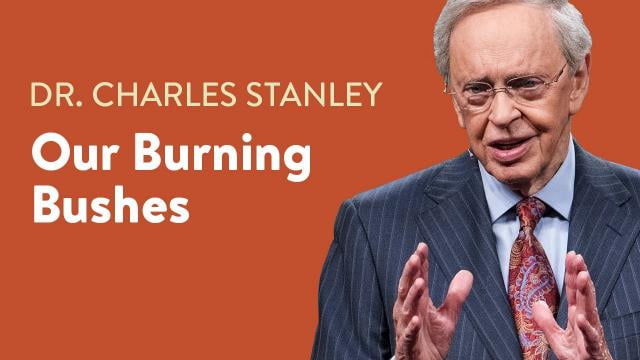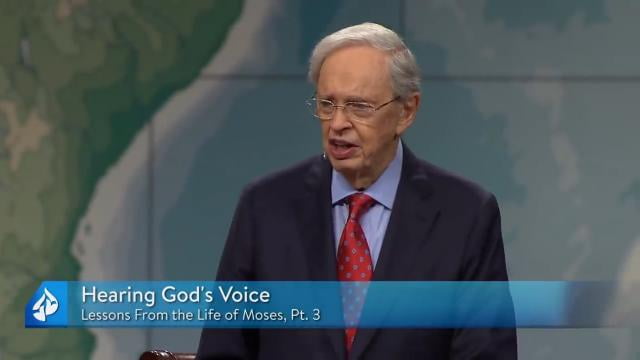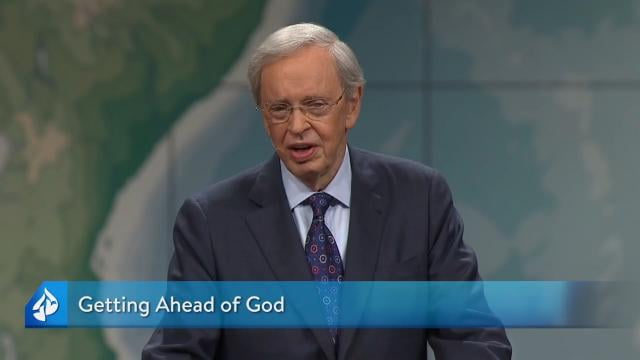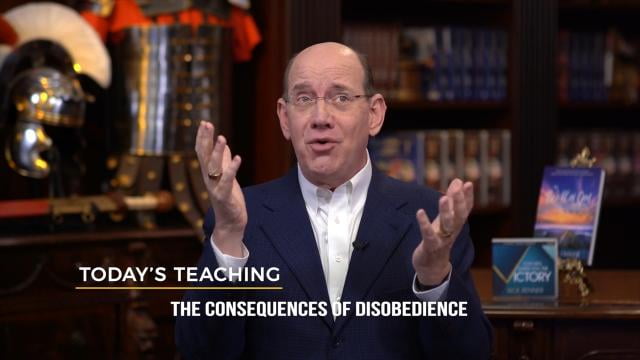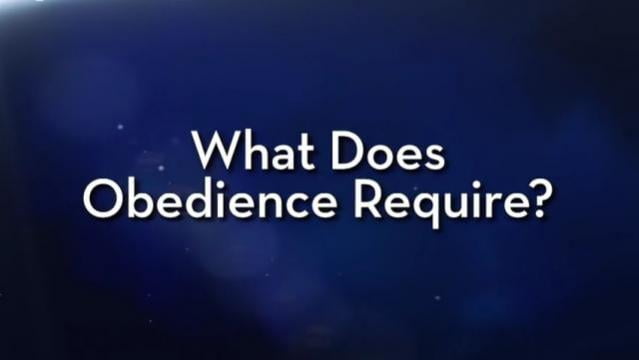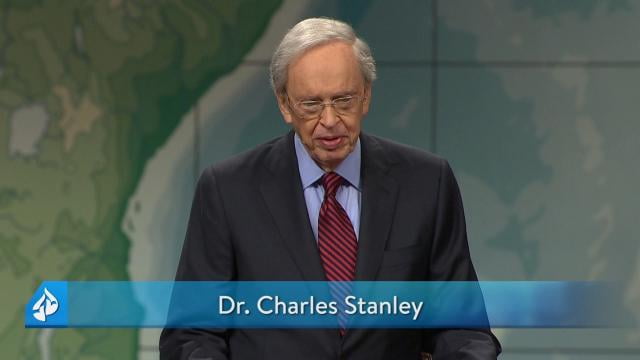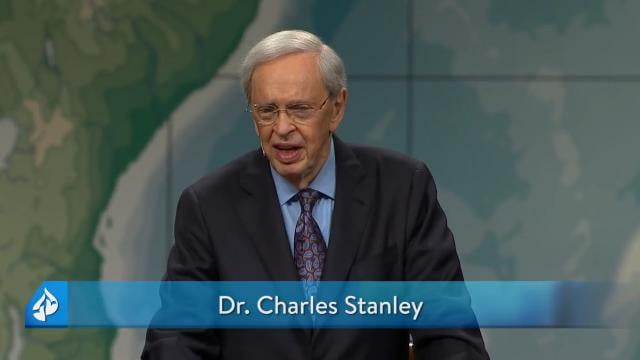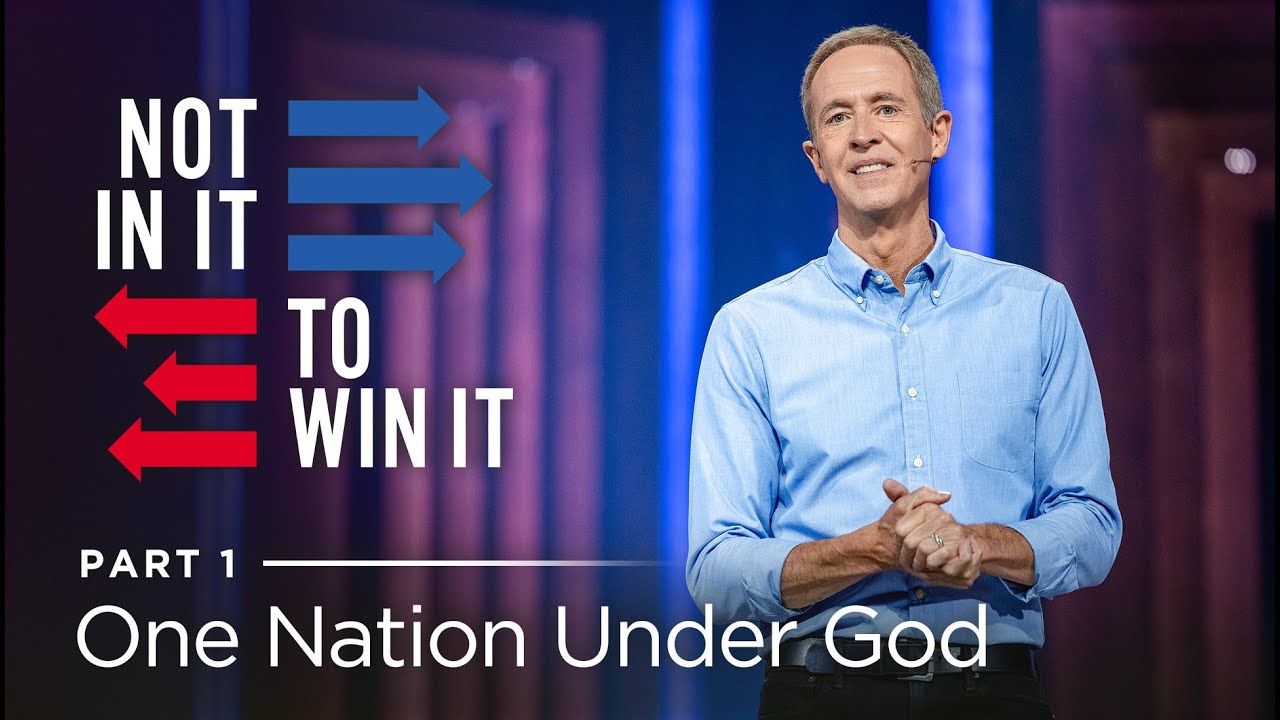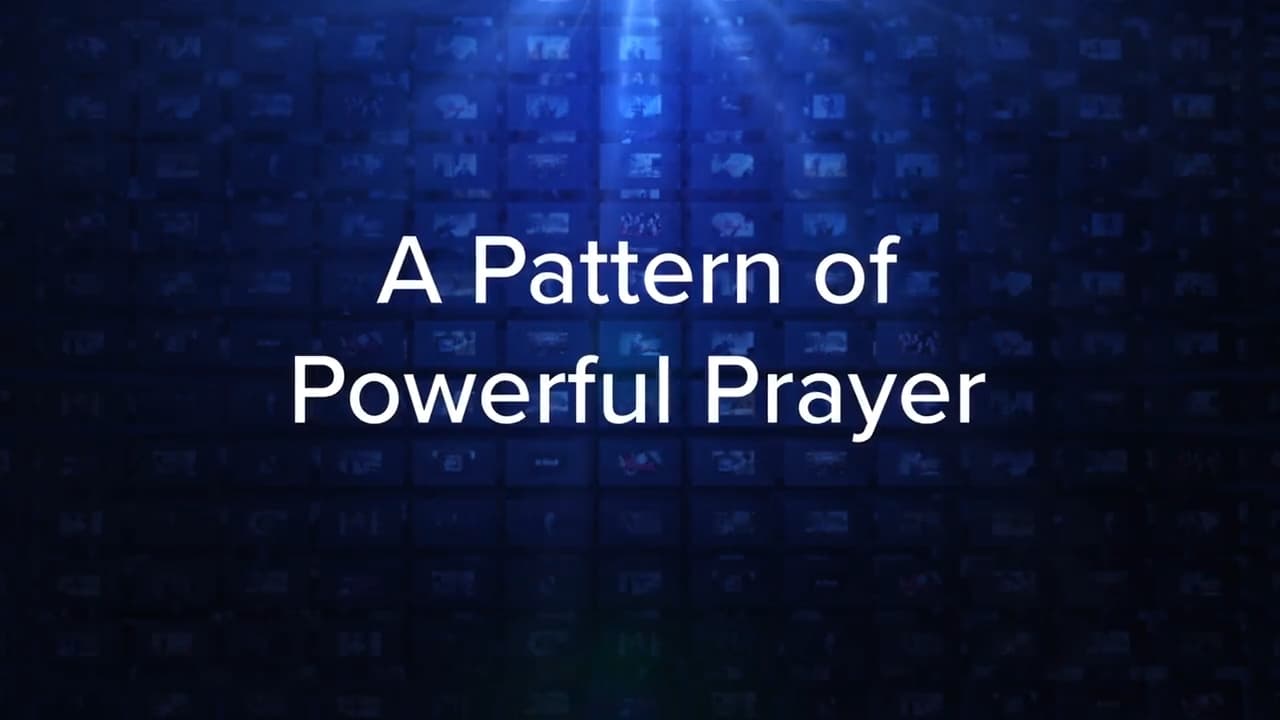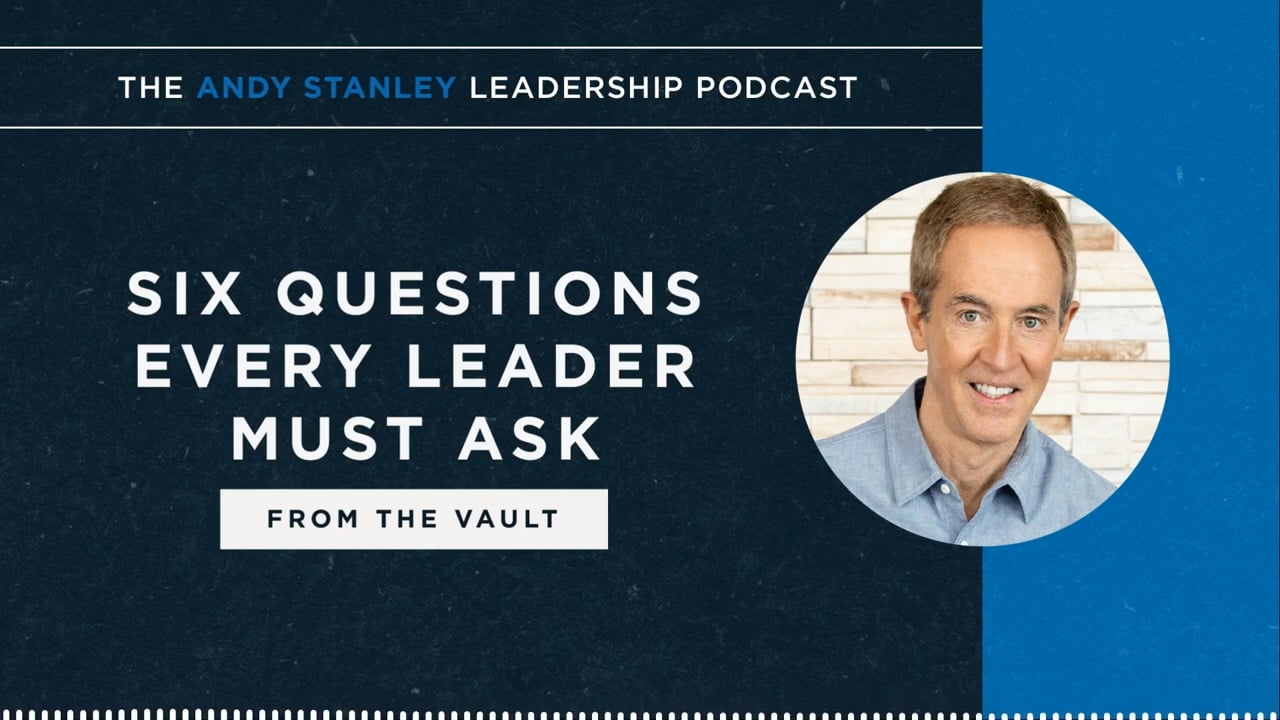Charles Stanley - The Mighty Hand of God
Pharaoh was the leader of a nation, and his rebellion against God had far-reaching consequences for many people. Whether on a large scale or a smaller one, sin destroys. In this message, Dr. Stanley explores the Egyptian leader’s disobedience and talks about how important it is to identify our weaknesses and pursue genuine repentance—both as individuals and as a nation.
It’s possible to read the Bible, know it is true, yet miss a lesson God wants to teach us in a particular passage. For instance, the story of Moses and God’s miraculous deliverance of the sons of Israel from Egyptian slavery is filled with valuable applications regarding trusting and obeying God. However, there is another character in the story from whom we can learn a lesson regarding what not to do. Pharaoh demonstrated a pattern of disobedience that we never want to follow.
The Hebrews were the extended family of Joseph who became a slave in Egypt and was eventually elevated by Pharaoh to a high position in the government. Pharaoh invited the family to come to Egypt and live in a choice area called Goshen. In time, that small group of 70 people grew to approximately 2 million.
When a new king arose in Egypt who didn’t know Joseph, the Israelites were forced into slavery and hard labor. Moses was a Hebrew boy who grew up and was educated in the palace but was later forced to flee for his life. He spent the next 40 years as a shepherd in the desert until God called to him from a burning bush and told him to go back to Egypt to tell Pharaoh to let His people go.
God’s mighty hand worked through Moses to accomplish His purpose. “The Lord said to Moses, ‘When you go back to Egypt see that you perform before Pharaoh all the wonders which I have put in your power; but I will harden his heart so that he will not let the people go’” (Ex. 4:21). God’s purpose was not only to rescue the Hebrews, but in the process, He was also going to use Pharaoh’s hard heart to bring Egypt into subjection so that they would know that He was the one true God.
When Moses and Aaron gave Pharaoh God’s message, he said, “Who is the Lord that I should obey His voice to let Israel go? I do not know the Lord, and besides, I will not let Israel go” (Ex. 5:2). Then in response, Pharaoh increased their labor by withholding the straw needed for making bricks while demanding the same quota.
God began His work on Pharaoh’s hard heart using plagues. Since his heart was stubborn, God brought a series of nine plagues on Egypt, yet after each one, Pharaoh’s heart grew harder, and he refused to let the Israelites go.
Our Partners
sermons.love